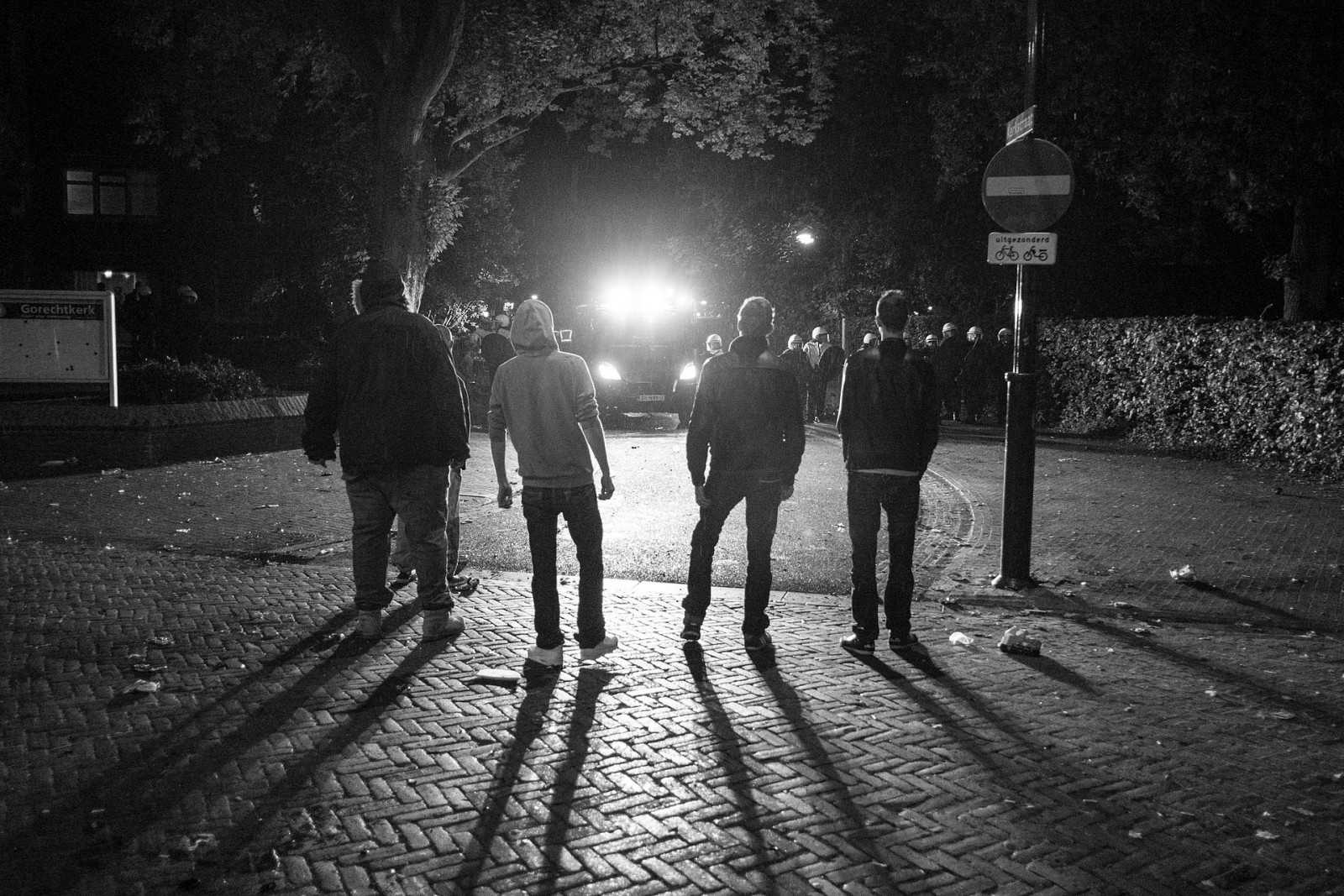Money can’t solve everything, but try telling that to the Washington D.C. government. A new publicly funded program will target 200 at-risk youths to take part in life planning and behavioral therapy programs, The Guardian reported Sunday. If the minors stay out of crime for six months, they get a $1,000 monthly stipend for nine months.
The program would cost $4.9 million over four years, The Guardian reported.
Supporters of the program say $9,000 per person is a measly price to pay compared to the cost of catching and incarcerating criminals. Critics say it will divert funds from programs that have been proven to actually work.
A similar, privately funded program was implemented in Richmond, California in the past, and it seemed to work. Though it didn’t take other extraneous factors into account, Richmond police reported homicide rates dropped significantly between 2007 and 2014.
This is a typical short-term solution for a long-term problem. It’s a deeper problem than money can resolve. A constructive solution needs to be implemented.
Yes, participants will be required to attend healthy living and anger management classes, but these youths need something to do instead of getting paid to have people lecture them. Minors could learn about having good morals, but if they’re living in an environment that doesn’t necessarily value following the law, they probably won’t change their behavior.
Money can only solve so much. This population needs something to look forward to that doesn’t involve money. The motivation for them to stay out of trouble should come from somewhere within themselves. At-risk youths don’t have the time for crime when they’re busy enjoying themselves in a healthy way.
This program helps glorify money even more to a population that doesn’t have that much as it is. This demographic is in trouble because they don’t have money, so what happens when they don’t have money again? When it runs out, there’s nothing keeping them from heading back to a life of crime.
The government is essentially throwing funds at the youths to make sure they stay out of trouble. It’s paying people off to forget about their problems by not really solving their problems. By paying them, the minors are essentially being told to avoid getting caught when they should be told to change their lives.
Give the minors jobs. Have them work for the money. That way, they’ll have something to do and still receive compensation. They’ll also see that being an upstanding, productive member of society literally pays off. Let them make the connection between hard work and money instead of money and crime. The only thing better than money is money and work experience.
You always hear of athletes rising up from their underprivileged backgrounds and making something of themselves. These minors should be chasing their dreams too.
The government has the opportunity to teach a group of minors how to think about their problems, yet it institutes a monetary adult solution. It can’t pay people to change the way they think.
What are these minors going to spend money on? Food? Crayons? Drugs? There’s no way to monitor how the money will be spent. In quite the twist, the government money could end up funding the lives of crime they lead.
It’s ironic that crime is a huge problem in Washington D.C., the nation’s capital. It’s a microcosm of what is happening in cities across the country. The city is physically close to the institutions that could initiate change, but they’re doing nothing. Talk about a model for how the United States is run.
Crime is one of the few things the government can try to pay off, but the problem won’t disappear until the people perpetuating it want to stop. And no amount of money can solve that.






















































































































John Sand • Feb 8, 2016 at 8:16 am
Because big government has such a good record when it comes to giant new entitlement programs…